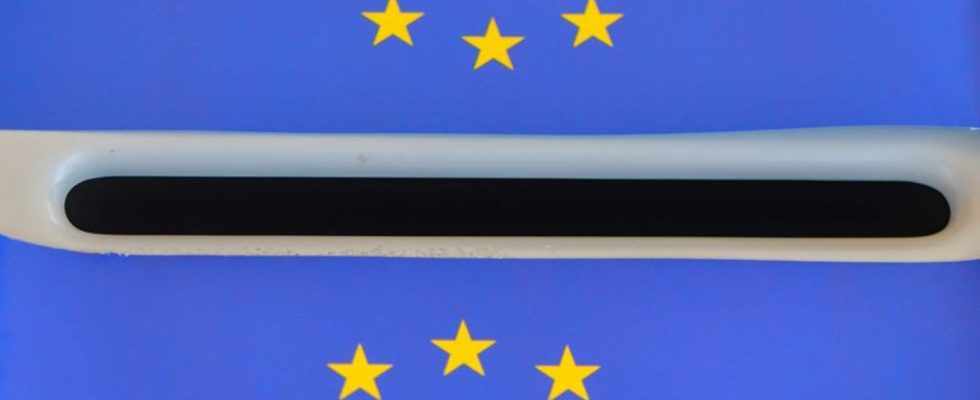poll
Keyword European elections: What exactly will be decided on June 9th?
There are European elections in Germany on June 9th. Around 65 million German citizens can then cast their votes and thus have a decisive influence on EU policy for five years. photo
© Patrick Pleul/dpa-Zentralbild/dpa
The European elections will take place in Germany on June 9th. For the first time, young people aged 16 and over are also allowed to vote. But what exactly is being voted on? Answers to the most important questions.
Germany has the most representatives
As the most populous country in the EU, Germany also has the most representatives in parliament. Nevertheless, German MPs are underrepresented compared to the population, and MPs from smaller countries are overrepresented. This is due, among other things, to the fact that, given the same conditions, there would either have to be significantly more MPs or countries such as Malta, Luxembourg and Cyprus would only be represented by one MP.
Since the EU states also play a key role in legislation at the EU level, the influence of MPs on the new laws is somewhat limited, but still significant. You have to agree to numerous laws and, if in doubt, you can also prevent them. In principle, legislation at the EU level is designed more towards finding compromises with sometimes changing majorities than is the case in the Bundestag, for example. Parliament also has a decisive say in the distribution of money, such as the billions in EU agricultural funding.
Electoral procedures vary by country
The voting procedures vary depending on the country, but in principle the following applies: the more votes a party gets, the more seats it ultimately has in parliament. There are also national peculiarities, for example there is no barrier clause in Germany. In France, for example, a party must receive at least five percent of the vote to enter parliament.
After the election, the European Parliament also influences the composition of the EU Commission. It can reject proposals from EU states for the composition of the Commission.

